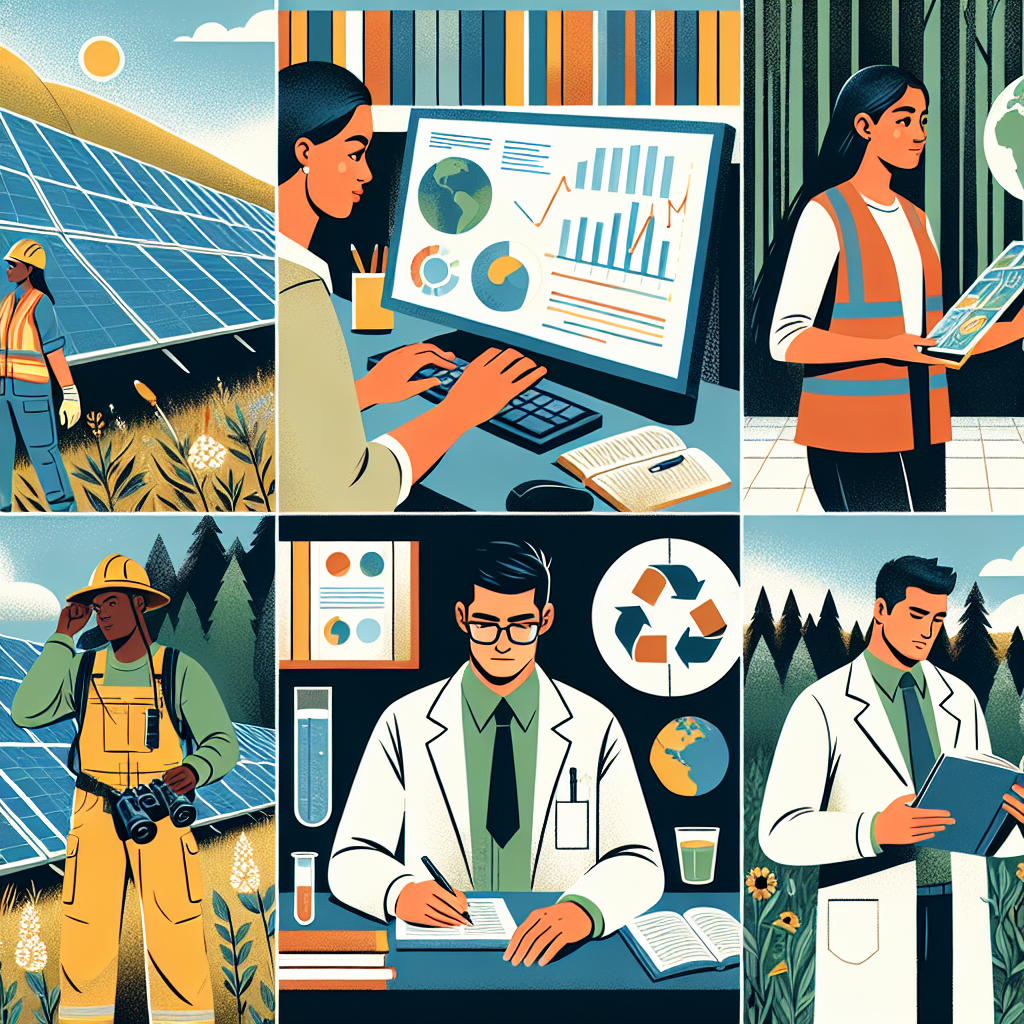A new report from the World Meteorological Organization (WMO) underscores the escalating climate challenges facing Africa, revealing the continent's significant financial and humanitarian burdens from climate change.
The WMO State of the Climate in Africa 2023 report highlights that African countries are losing between 2% and 5% of their Gross Domestic Product (GDP) annually due to climate extremes, with many governments redirecting up to 9% of their budgets to address these issues. The cost of climate adaptation in sub-Saharan Africa is projected to range between US$ 30-50 billion annually over the next decade, equivalent to 2-3% of the region's GDP.
The report warns that by 2030, up to 118 million extremely poor individuals (living on less than US$ 1.90 per day) will be at risk from droughts, floods, and extreme heat. Without sufficient response measures, these conditions will exacerbate poverty and hinder economic growth.
To combat these challenges, the report emphasizes the need for increased investment in National Meteorological and Hydrological Services and the accelerated implementation of the Early Warnings For All initiative. These measures are crucial for mitigating risks, enhancing adaptive capacity, and guiding sustainable development strategies across Africa.
The report, which examines climate change indicators and impacts from 2023—marked as the world’s hottest year on record—serves as a supplement to the WMO State of the Global Climate report. It is part of a series of regional reports aimed at informing policy and action.
WMO Secretary-General Celeste Saulo noted that over the past 60 years, Africa's warming trend has outpaced the global average. In 2023, the continent faced severe heatwaves, heavy rains, floods, tropical cyclones, and prolonged droughts. The trend of extreme weather events has continued into 2024, with parts of southern Africa suffering from damaging droughts and East African countries, including Sudan and South Sudan, experiencing devastating seasonal rainfall and flooding.
The report will be officially released on 2 September 2024 at the 12th Climate Change for Development in Africa (CCDA) Conference in Abidjan, Côte d’Ivoire, in collaboration with the African Union Commission, United Nations Economic Commission for Africa, and the African Ministerial Conference on Meteorology.
H.E. Ambassador Josefa Leonel Correia Sacko, Commissioner for Agriculture, Rural Development, Blue Economy, and Sustainable Environment at the African Union Commission, stressed the urgent need for investment in meteorological services and early warning systems to build resilience and adapt to climate change. She emphasized that Africa’s disproportionate climate-related burdens have severe implications for agriculture, food security, education, energy, infrastructure, and overall socio-economic development.











